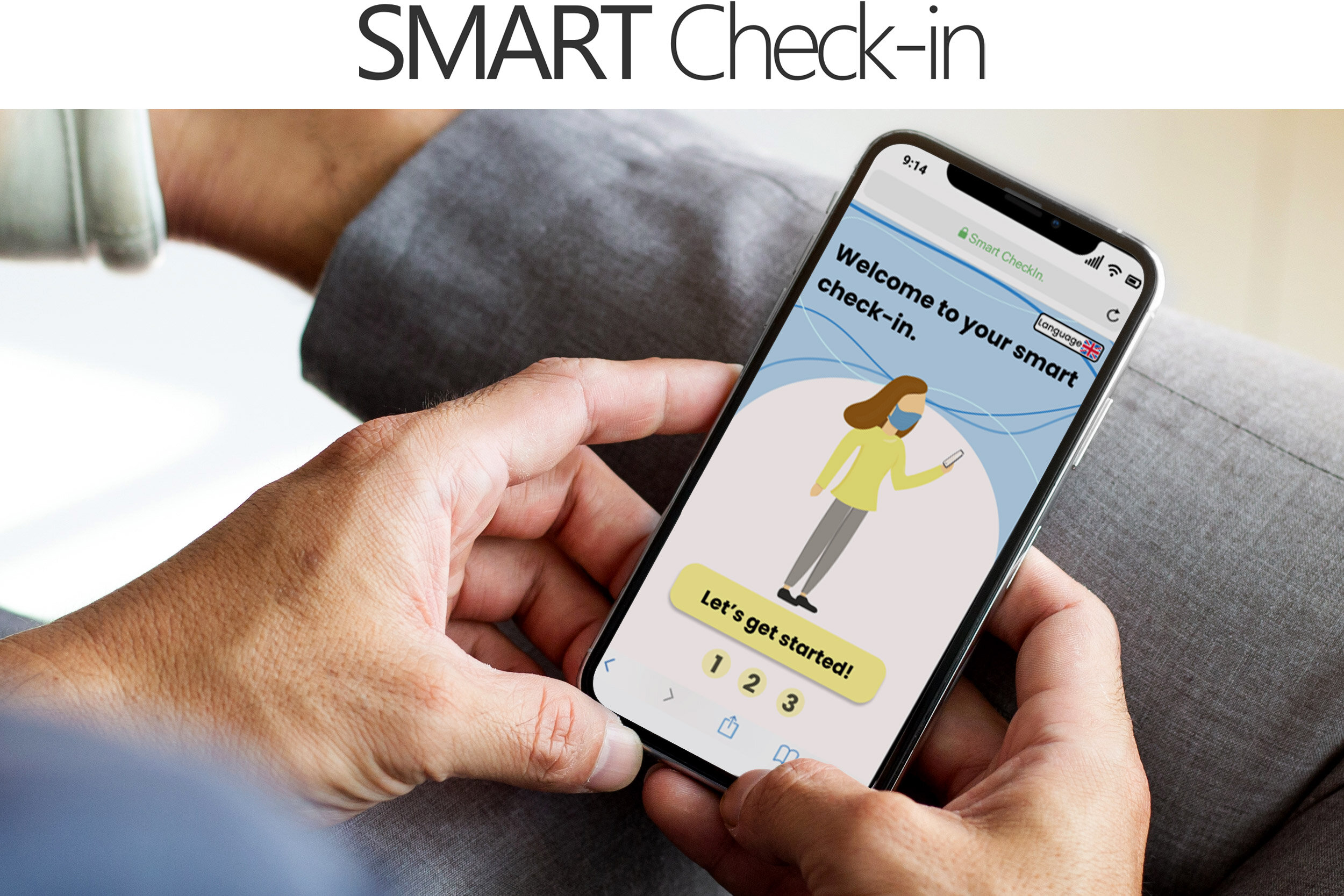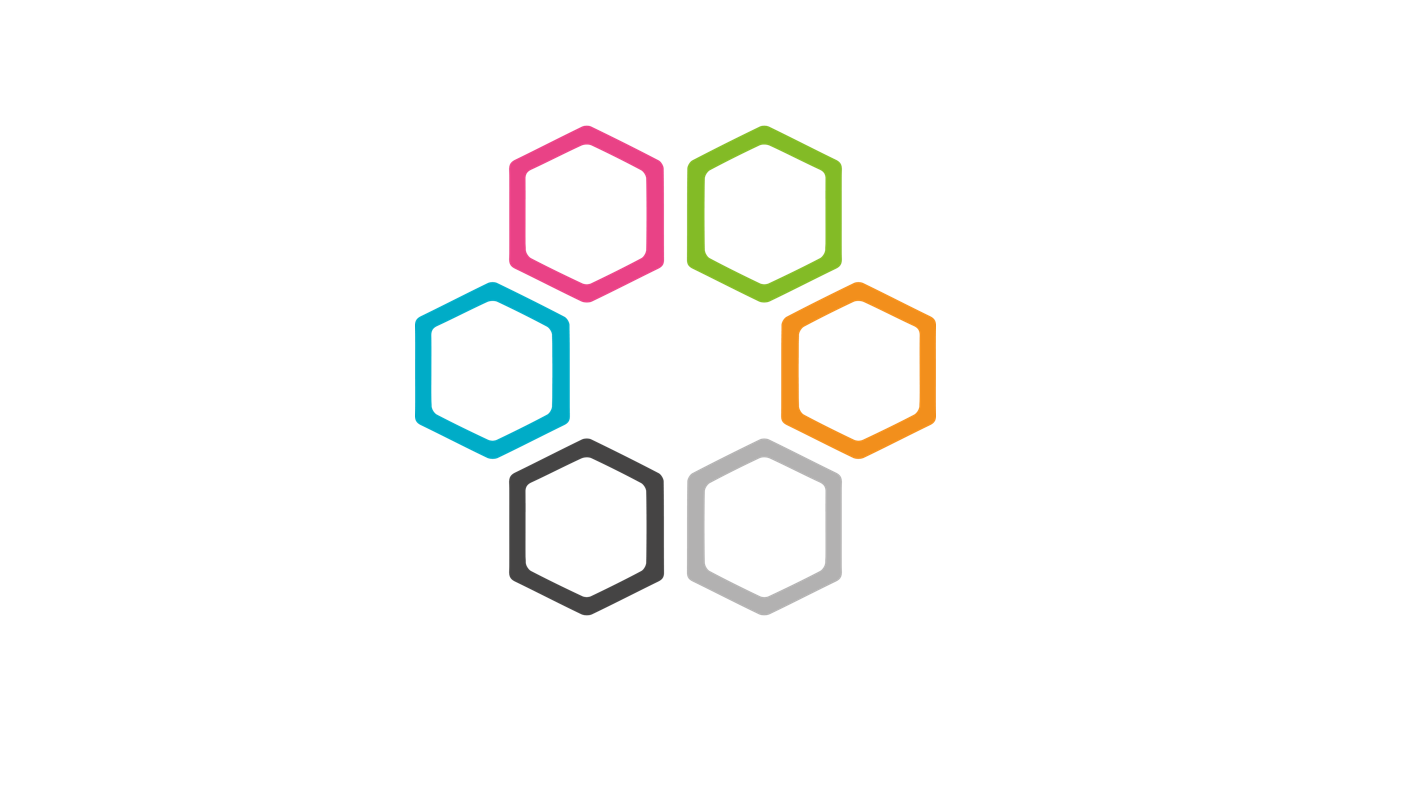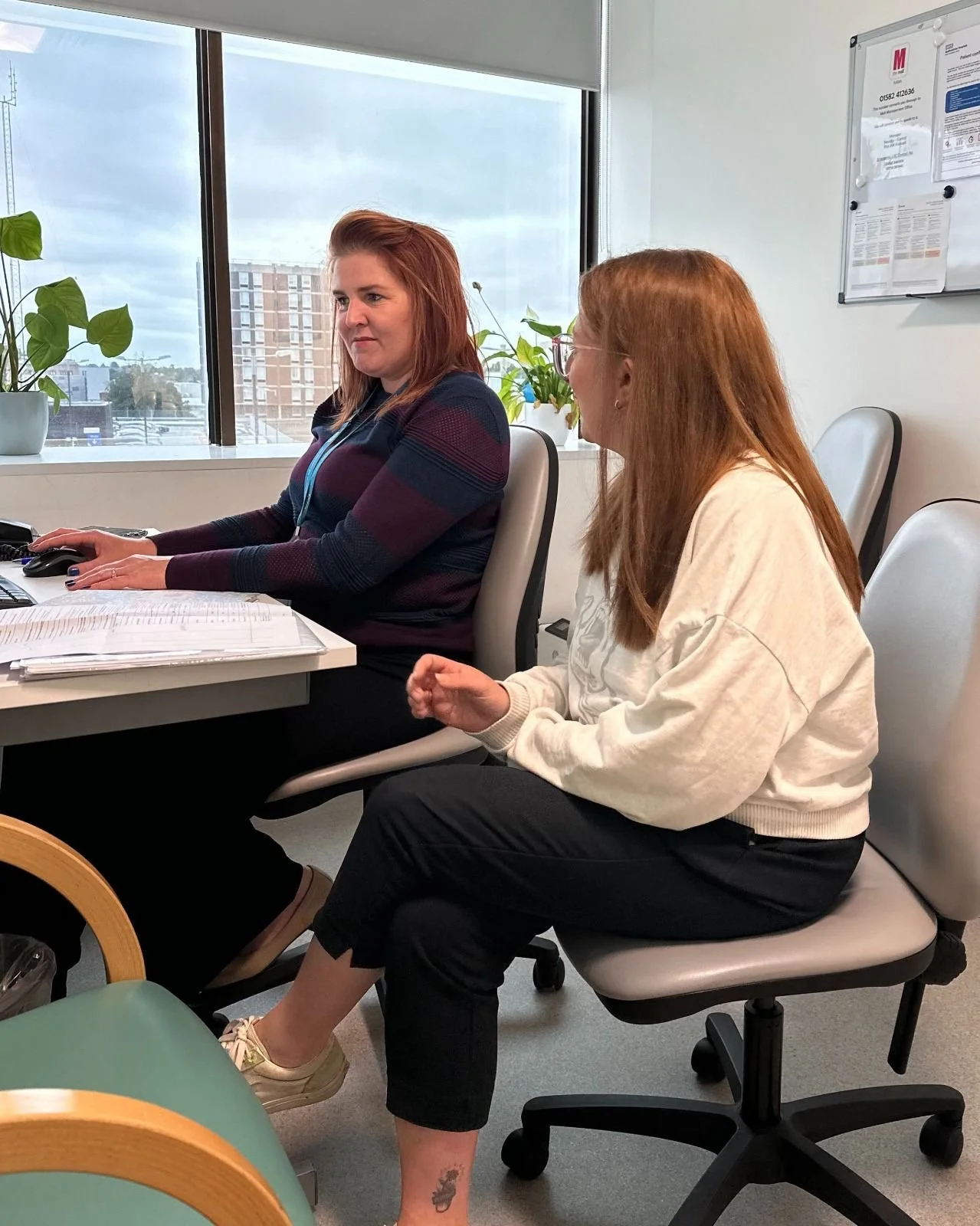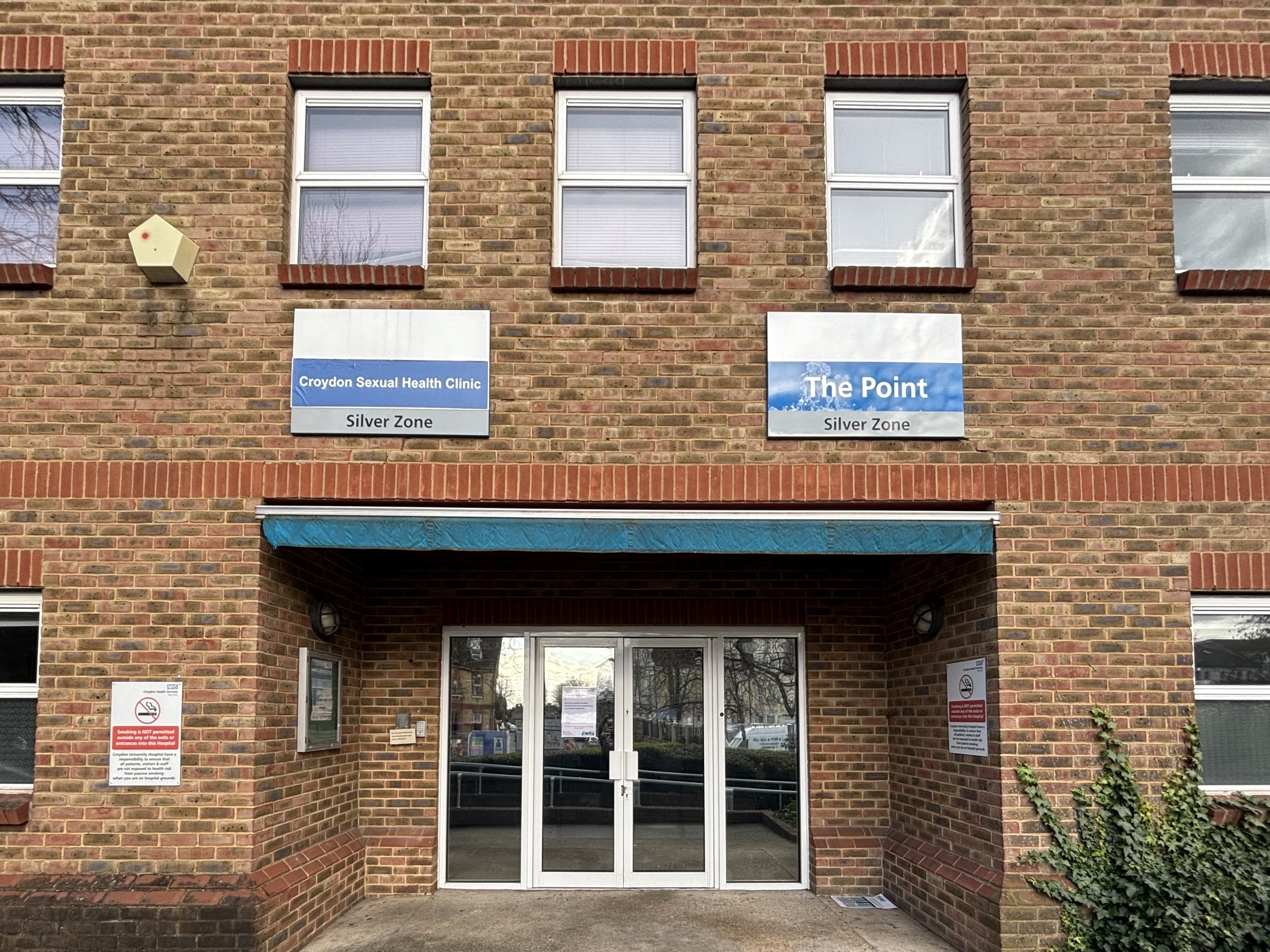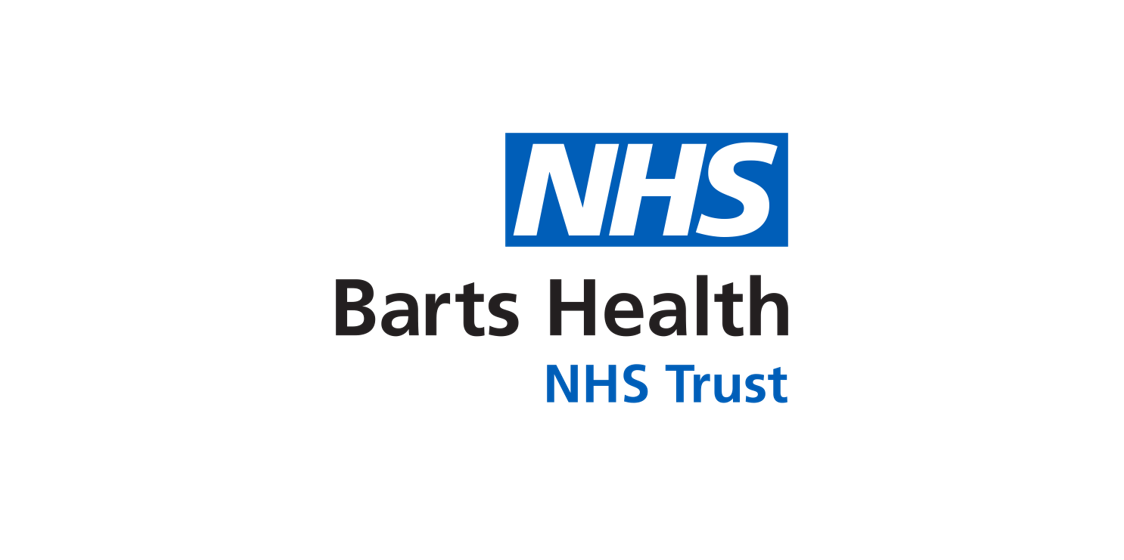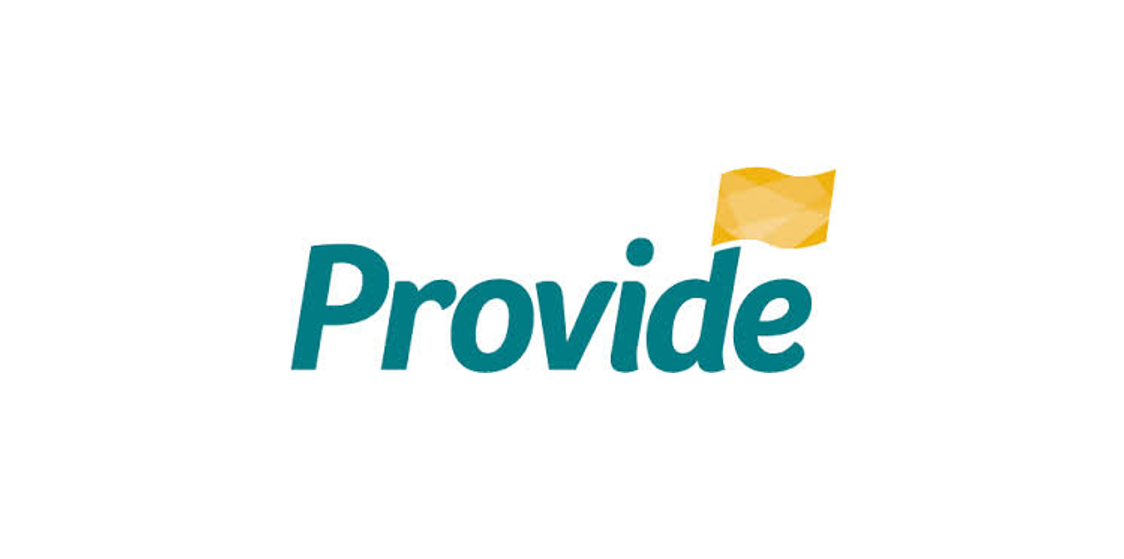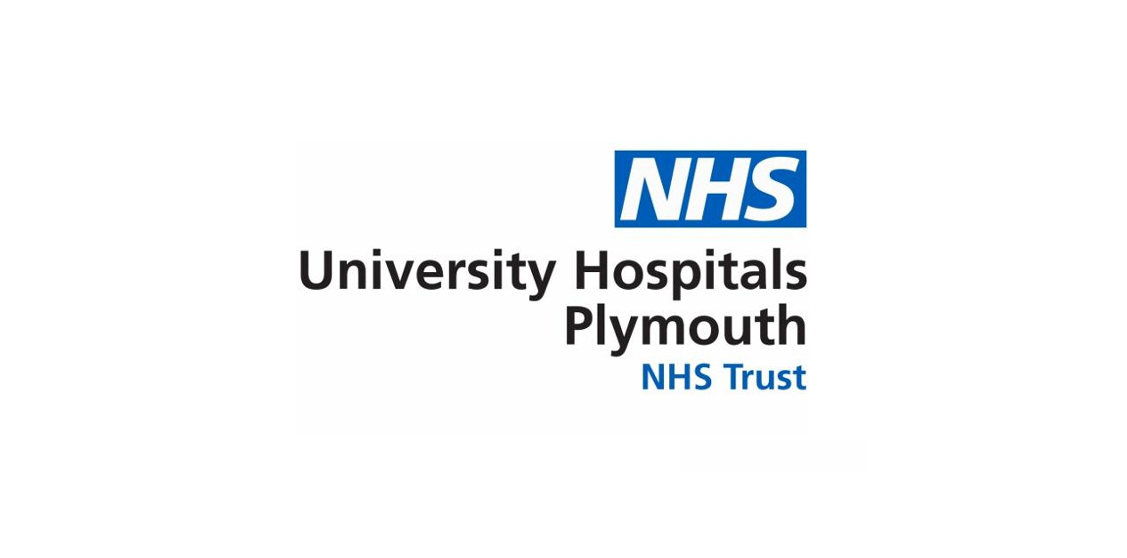Inform Health is a technology partner to Healthcare Organisations. We specialise in Sexual Health, HIV and Sexual Assault Referral Centres.

What we do…
Since 2010, Inform Health have built software applications from the ground up, to support the needs of modern sexual health and HIV services. In 2019 we released a brand new software application for Sexual Assault Referral Centres (SARCs), whilst in 2020 we used our knowledge and experience, alongside the capabilities of our applications, to support the challenges facing healthcare organisations brought about by COVID-19.
News
Inform Health Product Director Andrew Denman, presents the first in a series of presentations, covering the NHS 10 Year Health Plan for England. Chapter 1 is titled, ‘Change or Bust - We Choose Change’
Emily Lord, Clinical Lead at Oxford Sexual Health Service, shares her experience of publishing patient results to their Personal Health Record, in partnership with Inform Health…
Luton Sexual Health (LSH) has become the latest NHS service to adopt Inform Health’s Electronic Patient Record (EPR) and Personal Health Record (PHR) systems, as part of plans to increase patient access and improve service efficiencies.
Inform Health is today announcing the launch of new functionality that will empower patients to order Chlamydia treatment by post via their Inform Personal Health Record.
Jack Shaw, Consultant Physician at Devon Sexual Health, explains how Inform Health has helped to support and enable their service re-design…
Emily Lord, Clinical Lead at Oxford Sexual Health Service, shares her experience of working in partnership with Inform Health…
Jack Shaw, Consultant Physician at Devon Sexual Health, explains how Inform Health has helped to shape and improve the service they are able to offer to their patients…
After being named a finalist in the coveted Digital Solution of the Year category at this year’s HTN Primary Care Awards, Inform Health’s Personal Health Record received the ‘highly commended’ accolade during a virtual awards ceremony held last week.
The judging panel learned how Midlands Partnership University NHS Foundation Trust (MPFT) is using the PHR to remove barriers to access, optimise service delivery and target provision based on data-led decision making.
The UK’s market leader for sexual health systems, Inform Health, has achieved ISO27001:2022 certification, the only international auditable standard for Information Security Management Systems.
Recommended for organisations that hold sensitive information, including organisations that operate in the healthcare, finance, public and IT sectors, ISO27001 certification provides a model for risk assessment, security design and implementation and security management.
As part of plans to manage increasing demand, Croydon Sexual Health will be implementing the patient facing PHR from the UK market leader for sexual health and HIV systems, Inform Health.
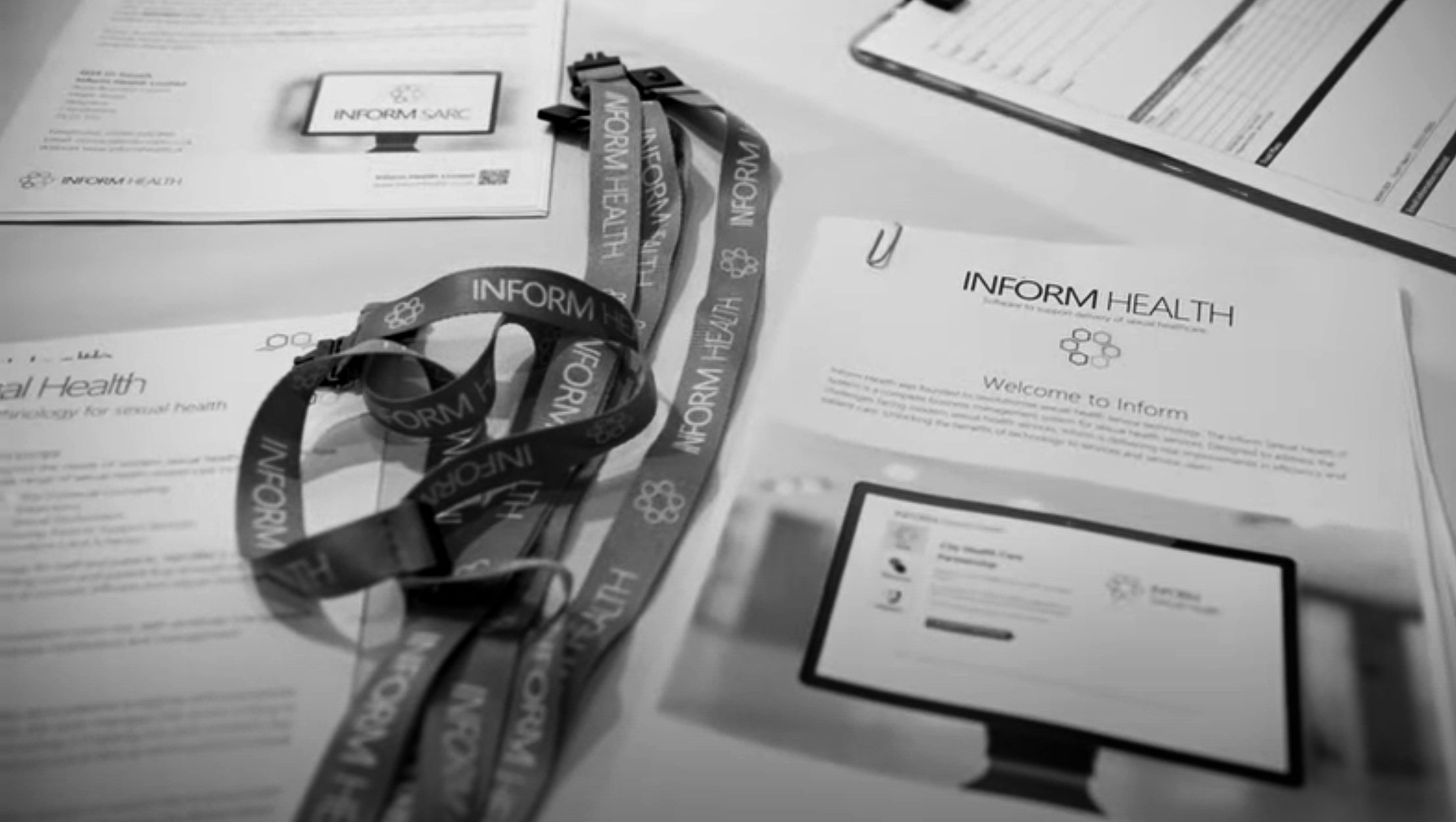
Want to know more about what Inform Health’s customers think of our systems?
Watch this short video
Who we work with






